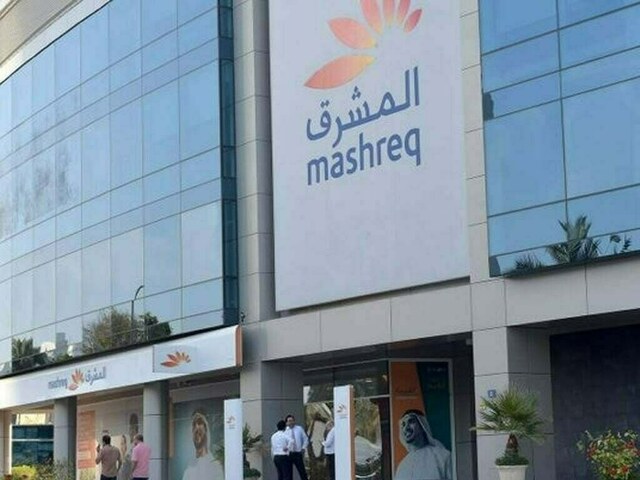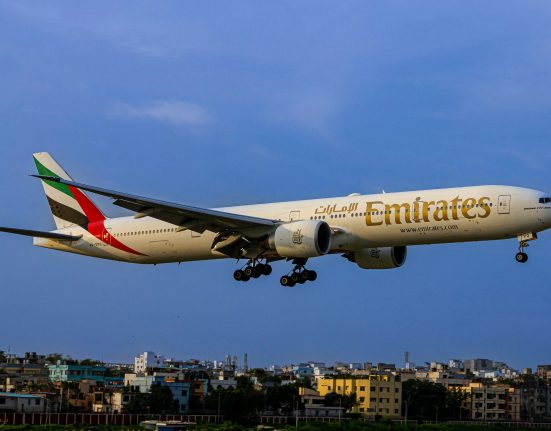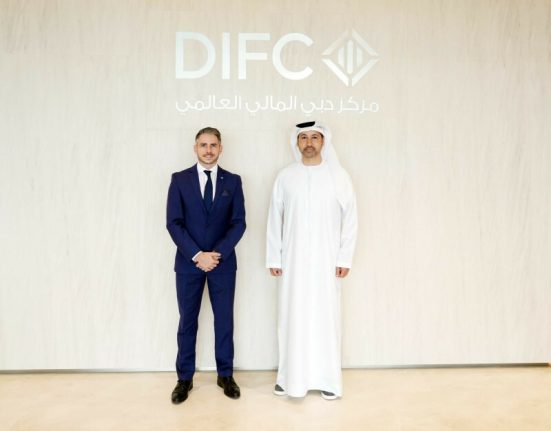KARACHI: Mashreq, a global digital bank headquartered in Dubai, is looking to transform the banking landscape in Pakistan by transitioning from physical branches to digital transactions.
At the core of its extended operations to the South Asian country is a key project to digitalize inflows of workers’ remittances from UAE and other parts of the world, as it aims to connect overseas Pakistanis with their families and friends in the homeland.
“Mashreq has a big focus on bringing workers’ remittances into Pakistan,” Mashreq Pakistan CEO Muhammad Hamayun Sajjad said in an exclusive interview with Business Recorder.
Pakistanis living in Dubai and other parts of the UAE send around $6.25 billion to $6.50 billion a year to their relatives back home. Mashreq already facilitates a significant volume of these remittances in collaboration with other financial entities.
“We are building a fast, convenient, and transparent financial link between Mashreq Dubai and Mashreq Pakistan to ensure that remittances are received instantly. Currently, remittances are being processed by Mashreq Dubai, and our first goal is to shift this flow onto our Pakistan-based platform,” Sajjad said.
“Our second objective is to identify and address the pain points in the remittance process within Pakistan. By learning from these challenges, we aim to enhance the overall user experience. We see a significant opportunity in streamlining remittances—one of the most vital financial lifelines for the country.”
Mashreq has six decades of experience serving people and businesses in major markets around the globe, including the Middle East, US,UK and Europe. It is currently running a pilot project in Pakistan aimed at launching a full-fledged retail digital bank in the country by end of December 2025.
Mashreq Dubai operates three entities in Pakistan: Mashreq Bank (in its pilot phase), Mashreq Global Network (hiring and managing employees) and a branch office of Mashreq Financial Institutions Group (providing banking solutions to other financial institutions). It has made a combined investment of over $70 million in Pakistan in the past four years. This is expected to reach $100 million by the end of this year.
Trade finance
In addition to remittances, the bank is engaged in trade finance, Sajjad said. “While our Pakistan license does not yet permit trade transactions, Mashreq Dubai continues to handle trade flows with Pakistani banks. The bank is among the top six financial institutions globally for US dollar clearing and operates as a trade hub across 14 countries.”
Once licensed fully in Pakistan, Mashreq plans to extend its trade services locally within three to five years. In the meantime, it is focused on establishing fast, reliable financial corridors between the UAE and Pakistan, he added.
Separate portals for SME and youth
Most banks currently serve SME clients through individual or corporate platforms, which often overlook the specific needs of small businesses. To address this gap, Sajjad said, Mashreq is launching Mashreq Neo Business — a dedicated app and portal designed exclusively for SMEs.
For individuals, Mashreq will also offer digital joint accounts, eliminating the need to visit branches. Additionally, the bank is introducing Mashreq Neo NXT, a separate digital platform for youth under 18. While minors cannot open full bank accounts, Neo NXT will enable supervised banking for savings and spending, managed by parents—promoting financial literacy from an early age, the CEO said.
Cybersecurity, AI keys to success
Mashreq emphasizes a robust cybersecurity framework supported by advanced AI-driven monitoring and fraud detection. The bank aligns its systems with State Bank of Pakistan (SBP) regulations for digital banking, including controls for unusual transactions: automated alerts — such as calls on transfers exceeding Rs2 million — enhance customer safety.
Leveraging its digital infrastructure from the UAE, Mashreq plans to replicate this model in Pakistan to build trust and institutional credibility in the evolving digital banking sector.
Sajjad said that Mashreq sees a massive opportunity in Pakistan’s digital banking gap. According to SBP data there are 90–100 million account holders in Pakistan, out of which only 20 million use online banking. That leaves 70 million largely untapped. Existing banks face high costs and limited digital efficiency, while users still struggle with fraud, access, and reliability. A modern, digital-only bank like Mashreq can fill this gap efficiently and cost-effectively.
Nearly 500 Pakistan-based professionals — including 43% senior staff — work remotely for Mashreq Dubai across 18 cities without a local office.
Mashreq Pakistan operates with 250-300 staff compared to thousands at conventional banks. Operating remotely — without physical branches — and with a lower number of employees cut banking costs significantly.
Mashreq also acknowledges rapid growth in Pakistan’s e-commerce landscape over the past 12 to 15 years. Consumer behavior shows a strong shift toward digital purchases over physical retail.
The bank sees opportunity in this trend, expecting that increased digitization of payments will eventually help grow e-commerce. Mashreq’s infrastructure and partnerships can support the evolving ecosystem of e-commerce payments, logistics, banks, and platforms to ensure smooth consumer adoption, Sajjad added.
Copyright Business Recorder, 2025






